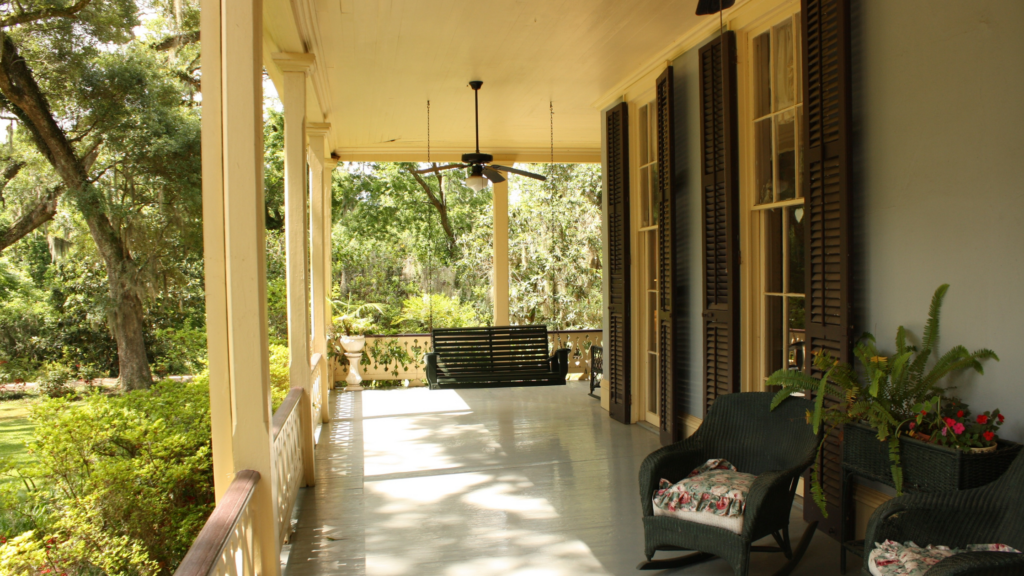This is also known as estate residue or residual estate. It simply means the assets left over after a will has been read, assets have been distributed to heirs and any final expenses have been paid. An estate planning attorney can help avoid leaving residual assets behind, with a comprehensive estate plan, reports a recent article titled “How to Write a Residuary Estate Clause in a Will” from yahoo!
A will is a legal document used to name guardians for minor children and providing directions for how you want assets to be distributed when you pass. Any assets not included in your will or distributed through a trust automatically become part of the residuary estate on your death.
This can happen deliberately or unintentionally. For example, your will can state your wishes to have certain assets left to certain people. However, your will could also include a residual estate clause explaining what should happen to any assets not already named in the will. In this case, you’re intentionally creating a residual estate, and planning for it at the time of the will’s creation.
Some residual estates are created without advance planning. Here’s how that happens:
- If you forget to include assets in your will.
- If you acquired new assets after drafting a will and do not add a codicil making provision for the distribution of the assets.
- Someone named in the will dies before you or is unable to receive the inheritance you left for them.
This can also happen if you set up a Payable On Death (POD) account but neglect to add a beneficiary to the account. Any funds in the account would be lumped into the residual estate.
What happens if you draft a will and don’t have a residuary estate clause? Any unclaimed or overlooked assets will be distributed, according to your state’s inheritance guidelines. However, this is only done after any estate taxes, outstanding debts or final expenses have been paid. Assets would be distributed as if you did not have a will. Heirs at law would receive assets according to kinship, including spouse, children, parents, siblings and other relatives.
How does a trust work in relation to a residual estate? Trusts are legal entities allowing you to transfer assets to a trustee. The trustee is responsible for managing assets on behalf of the trust for beneficiaries according to your wishes. You may want to establish a trust if you have a substantial estate, want to plan for a family member with special needs or if you wish to create a charitable giving legacy.
Speak with an experienced estate planning attorney to determine whether your will should have a residual clause and what assets should be included. The estate planning attorney will also be able to determine whether you need additional estate planning strategies, including a revocable living trust.
To learn more about estate planning in the East Valley, Gilbert, Mesa and Queen Creek, schedule your free consultation with Attorney Jake Carlson by using one of the links above.
Reference: yahoo! (Dec. 4, 2022) “How to Write a Residuary Estate Clause in a Will”


